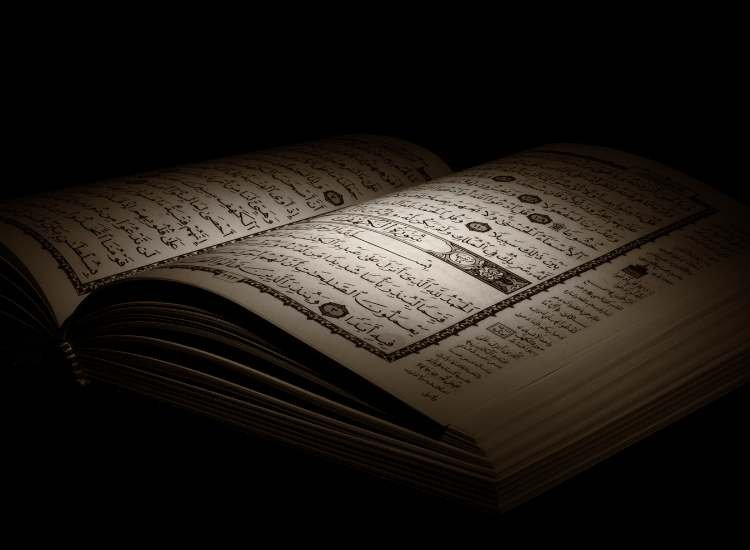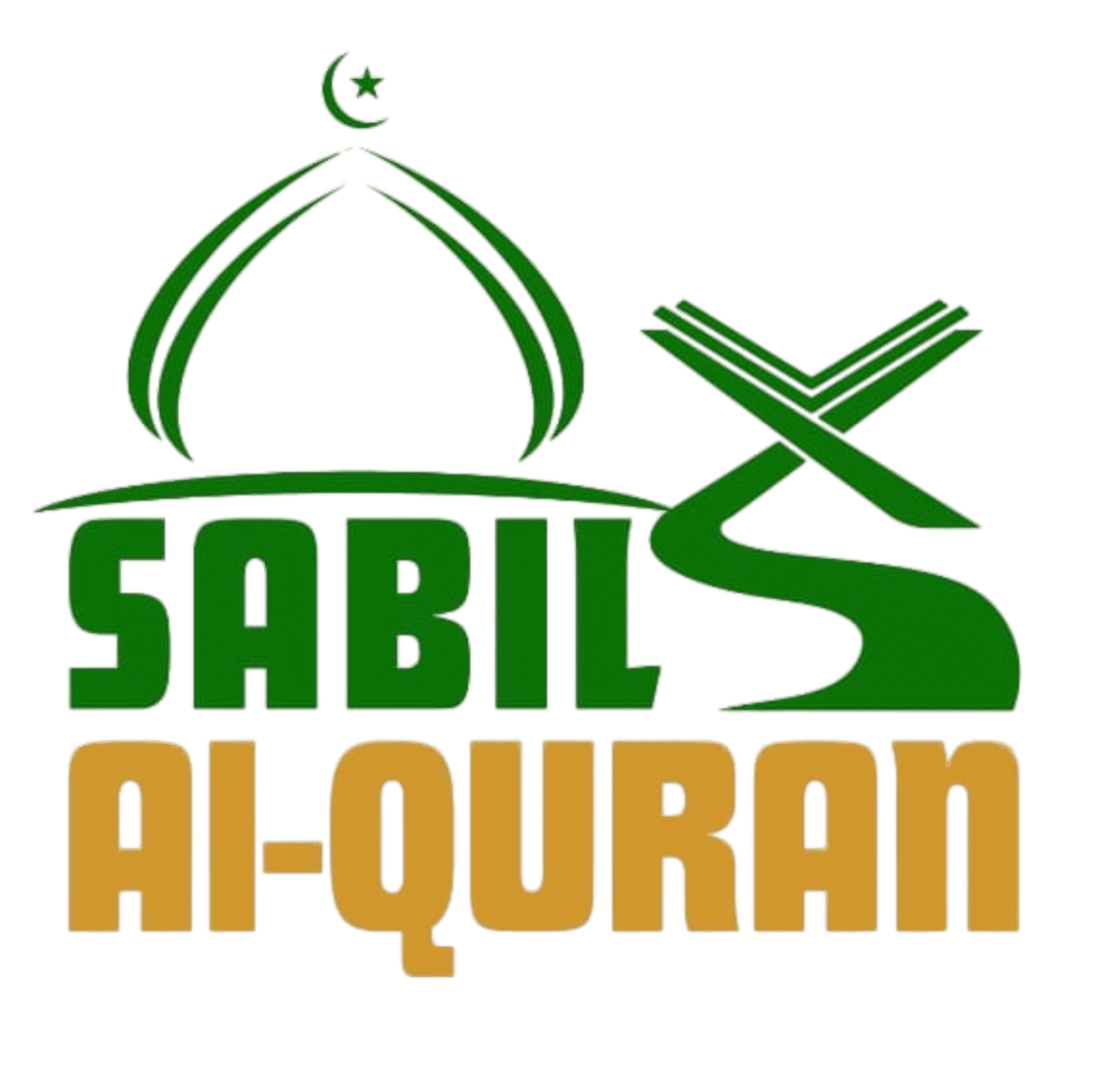Sabil Al-Quran
Best English Translation of Quran
Finding the Best English Translation of Quran is more than just reading the words—it’s about experiencing the depth, wisdom, and spiritual guidance of Islam in a language that truly resonates.
The Quran, cherished by millions worldwide, provides timeless lessons that guide every aspect of life. This is why many non-Arab Muslims seek the best Quran English translation to better connect with its message.
If you are searching for the best Quran translation in English, you can discover clarity, beauty, and accuracy through the versions recommended by Sabil Al-Quran, designed to support you on your journey of knowledge, reflection, and spiritual growth.

Best English Version Of The Quran: Recommended For My Reading
Many Muslims often wonder, Can the Quran be translated, and if so, which English translation of Quran is best?” While the original Arabic remains unmatched in beauty and precision, having a trusted translation helps non-Arabic speakers connect with its meaning. Choosing the best English version of the Quran depends on your personal needs and reading preferences. Below are some of the recommended English translation of Quran options, along with their unique characteristics:
Sahih International
Known for its accuracy and clarity, Sahih International provides a straightforward translation that aims to capture the meaning of the Arabic text in clear English.
Abdullah Yusuf Ali
One of the most widely used translations, Yusuf Ali’s version includes detailed commentary and explanations alongside the translation, making it suitable for those interested in deeper insights.
Muhammad Marmaduke Pickthall
This translation maintains a more classical style of English, reflecting the language of the early 20th century. It is valued for its literary quality and faithfulness to the original Arabic.
M. A. S. Abdel Haleem
Known for its contemporary language and accessibility, Abdel Haleem’s translation aims to convey the Quran’s message in modern English while preserving its meaning and integrity.
The Clear Quran (Dr. Mustafa Khattab)
This translation is designed to be easy to read and understand, using simple language without compromising the accuracy of the message.
The Noble Quran (Dr. Muhammad Taqi-ud-Din al-Hilali and Dr. Muhammad Muhsin Khan)
A widely used translation, known for its comprehensive footnotes and explanations alongside the translation.
When selecting the best Quran translation in English, consider the language style, level of detail, and how accessible it feels to you. The best English version of the Quran is ultimately the one that helps you reflect deeply, understand clearly, and strengthen your spiritual journey.
Exploring resources such as how many ayat in Quran, what does the Quran teach, and what does the Quran say about the Bible can further deepen your understanding. The best English version of the Quran is ultimately the one that helps you reflect deeply, understand clearly, and strengthen your spiritual journey.

It’s also helpful to read reviews and sample passages to find a translation that resonates with you spiritually and intellectually.
إِنَّ هَٰذَا ٱلْقُرْءَانَ يَهْدِى لِلَّتِى هِىَ أَقْوَمُ وَيُبَشِّرُ ٱلْمُؤْمِنِينَ ٱلَّذِينَ يَعْمَلُونَ ٱلصَّٰلِحَٰتِ أَنَّ لَهُمْ أَجْرًا كَبِيرًا
“Indeed, this Qur’an guides to that which is most suitable and gives good tidings to the believers who do righteous deeds that they will have a great reward.”
Surah Al-Isra (17:9)
Is the Quran in English Correct?
The Quran has been translated into English by various scholars, and while these translations aim to be as accurate as possible, the nuances of the original Arabic text can sometimes be difficult to capture fully in another language.
It’s important to choose a well-respected and scholarly translation of Quran in English to ensure the most accurate represetation of the Quran’s meanings. Some widely recognized English translations include those by Abdullah Yusuf Ali, Saheeh International, and Muhammad Muhsin Khan.
For a more in-depth understanding, it\’s often recommended to study the Quran with the guidance of knowledgeable teachers or scholars, who can help explain the context and deeper meanings behind the verses.
Surah Al-Ikhlas (112:1-4):
{قُلْ هُوَ اللَّهُ أَحَدٌ * اللَّهُ الصَّمَدُ * لَمْ يَلِدْ وَلَمْ يُولَدْ * وَلَمْ يَكُنْ لَهُ كُفُوًا أَحَدٌ}
“Say, He is Allah, [Who is] One, Allah, the Eternal Refuge. He neither begets nor is born, Nor is there to Him any equivalent.”

Challenges in Quran Translation in English
Translating the Quran plays a vital role in helping non-Arabic speakers access its divine message, yet it also comes with significant challenges. Some of the main issues include:
1. The Depth of Quranic Arabic
Quranic Arabic is rich, layered, and often carries multiple shades of meaning within a single word or phrase. Capturing all these subtleties in another language is nearly impossible, which means part of the depth may be lost in translation.
2. Variations in Interpretation
Every translator brings their own perspective and understanding to the text. As a result, translations of the Quran sometimes differ in wording or explanation, reflecting the interpretive choices made by the translator.
3. The Importance of Context
Many verses were revealed in particular historical or situational contexts. Without this background, translations may lack clarity or even lead to misunderstandings of the intended message.
At Sabil Al-Quran, we are dedicated to making the journey of learning and reciting the Quran simple, engaging, and accessible for everyone. Whether you are a beginner taking your first steps in reading the Quran or someone striving to perfect Tajweed and recitation, our platform offers clear guides, practical tips, and trusted resources to support you at every stage. With well-structured articles, step-by-step lessons, and insights into the beauty of Quranic recitation, Sabil Al-Quran is your reliable companion on the path to deepening your connection with the Book of Allah.
All of these courses are offered by Sabil Al-Quran to help you learn the Quran in an innovative and certified way.
In conclusion, selecting the best recommended English translation of the Quran depends on your personal preferences and the depth of understanding you seek.
Whether you are a new reader or a seasoned student of the Quran, choosing a respected translation will help you appreciate the profound wisdom and guidance it offers.
For an even richer experience, consider supplementing your reading with scholarly commentary or joining study groups.
Explore these translations and deepen your connection with Sabil Al-Quran to dive You in Your Journey.
FAQ About Best English Translation of Quran
Which Best Quran Translation in English is the most widely used?
The Abdullah Yusuf Ali translation is one of the most widely used and respected English translations of the Quran.
What should I consider when choosing a Recommended English Translation Of Quran?
When selecting an English translation of the Quran, consider factors such as linguistic accuracy, readability, and the translator\’s credentials and background in Islamic studies.
Are there online resources where I can compare different English translations of the Quran?
Yes, there are websites and platforms that provide side-by-side comparisons of various English translations of the Quran, allowing you to choose the one that best suits your understanding and preferences.
Can I find audio versions of the Quran in English translation?
Yes, there are audio recordings of the Quran available in English translation, allowing you to listen to the recitation and interpretation of the Quran in English.
Are there study guides or commentaries available for English translations of the Quran?
Many English translations of the Quran come with study guides, footnotes, and commentaries to provide context and clarification on the verses, making it easier for readers to understand the text.
How many English translations of the Quran exist?
There are over fifty English translations of the Quran (Kidwai, 2017), each offering a unique approach and style. However, like all translated works, no translation can fully capture the depth and richness of the original Arabic text.

